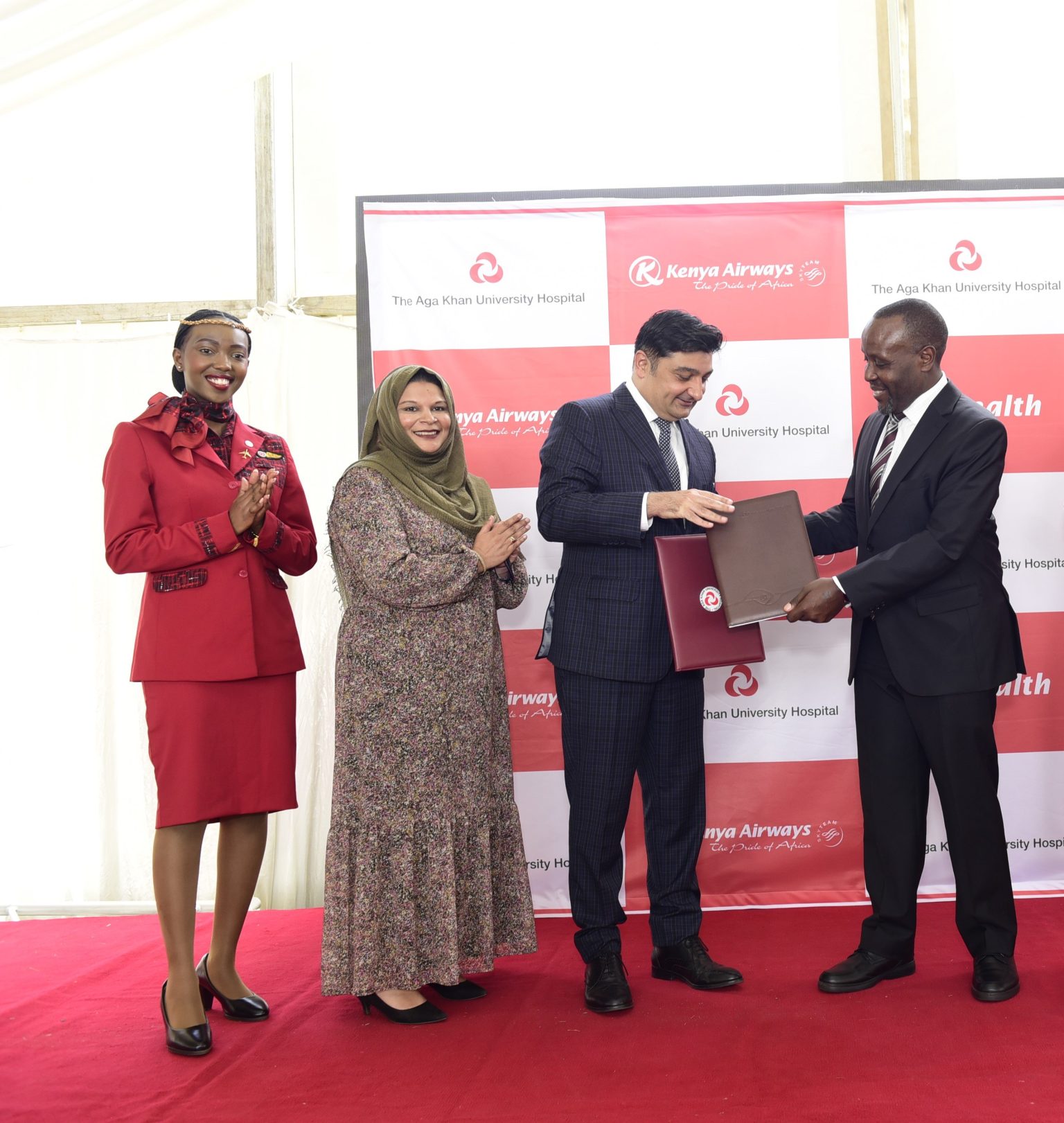More than 300,000 Africans travel to India each year seeking specialised treatment, injecting about US$7 billion (Ksh903.4 billion) into the Indian economy.
National carrier Kenya Airways, through its healthcare division KQ Health, has entered a landmark agreement with the Aga Khan University Hospital (AKUH) to enhance medical travel and position Kenya as a premier destination for specialised healthcare in Africa.
Speaking at the KQ Pride Centre on Friday, November 7, 2025, Aga Khan University Hospital CEO Rashid Khalani said the partnership seeks to simplify the entire journey for patients, from their first medical consultation to post-treatment travel.
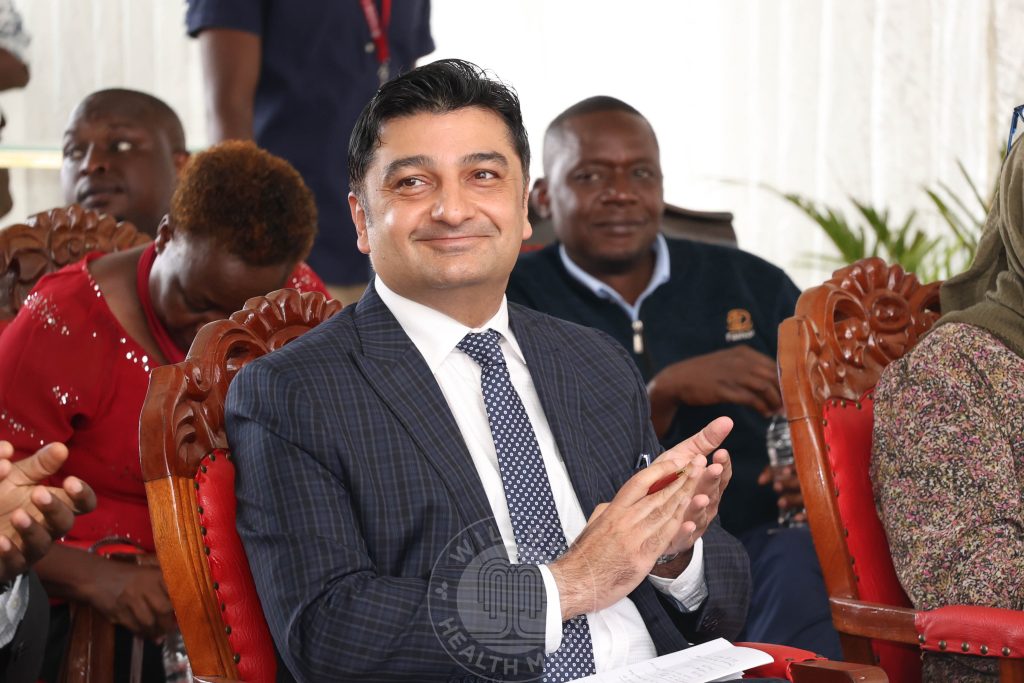
“People go to foreign countries like India and Turkey because the quality or consistency of healthcare is sometimes lacking locally,” said Khalani. “At Aga Khan, we’ve made a conscious decision to invest in these areas so that people don’t have to go outside the continent for care.”
He noted that over 300,000 Africans travel to India each year seeking specialised treatment, injecting about US$7 billion (Ksh903.4 billion) into the Indian economy.
“These are Africans spending that money abroad,” he said. “If we add those going to other destinations, the total runs into tens of billions of dollars. That’s what we must change by offering quality, specialised care right here in Africa.”
The collaboration brings together Kenya Airways’ regional flight network and AKUH’s advanced medical expertise to create a coordinated system for patients seeking treatment in Kenya.
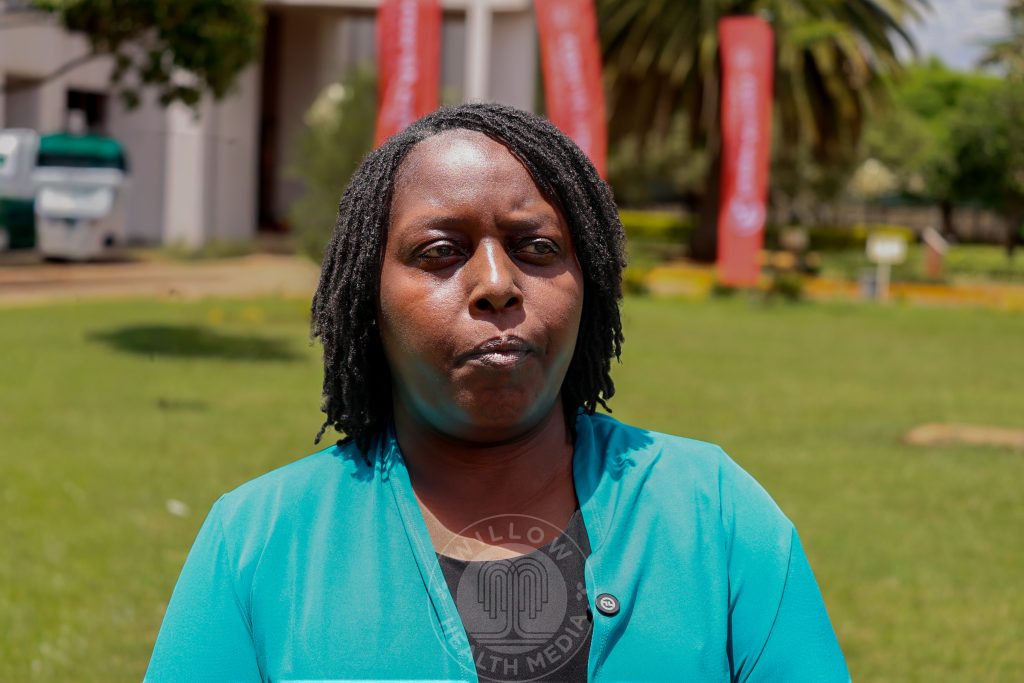
Under the partnership, KQ Health will provide end-to-end logistical support for international patients, including medical clearance before travel, in-flight medical assistance, and direct ambulance transfers from the Jomo Kenyatta International Airport (JKIA) to Aga Khan University Hospital.
On the other hand, AKUH will handle specialised treatment in oncology, cardiology, surgery, and critical care for patients arriving in the country.
AKUH Head of International Patient Referral, Linner Kosgei, revealed that most of their medical evacuation cases come from other African countries.
Regional connectivity plus medical expertise will make medical travel simpler, safer, and more dignified
“When we receive an alert from a referral hospital, we analyse the medical report and allocate the patient to the appropriate care unit, whether high-dependency or critical care,” she said.
“Most cases we handle are complex surgical or interventional procedures such as neurosurgery. Once cleared, we facilitate visas, medical documentation, and coordinate their arrival within Nairobi.”
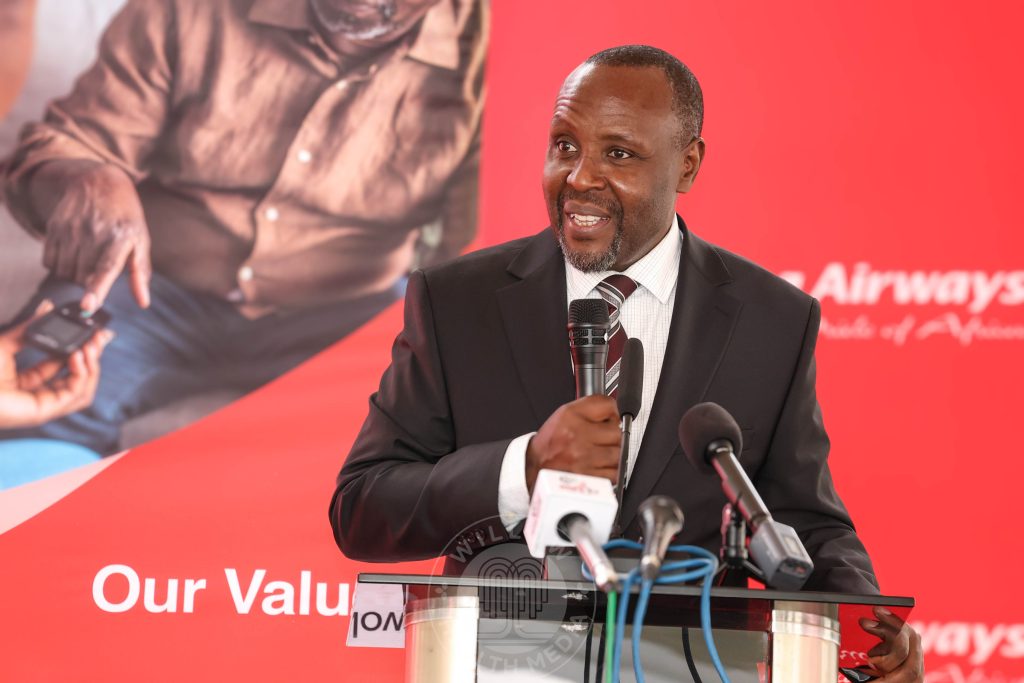
Kenya Airways CEO Allan Kilavuka lauded the collaboration as transformative for both healthcare and aviation.
“This partnership redefines how aviation supports healthcare access across Africa,” he said. “Through KQ Health, we’re combining our regional connectivity with Aga Khan University Hospital’s medical expertise to make medical travel simpler, safer, and more dignified.”
He added that the initiative aligns with Kenya’s Vision 2030, which seeks to position the country as a hub for medical excellence and innovation.
“Our role as an airline goes beyond transportation,” Kilavuka said. “It’s about connecting people to opportunities, hope, and care.”
At JKIA, Dr Mohamed Salat, Manager of the KQ Health Clinic, revealed that the airline handles about 8,000 medical cases annually, assisting patients either travelling for treatment or returning home for palliative care.
“Depending on the patient’s needs, we provide onboard doctors or nurses, oxygen support, and stretcher facilities,” Dr Salat said. “Globally, around 14 million people travel each year for medical reasons.”
Dr Nazila Ganatra, Director of Health Products and Technologies in the Ministry of Health, hailed the partnership, saying, “It aligns with our country’s vision of delivering quality, affordable, and accessible healthcare for all while positioning Kenya as Africa’s premier destination for medical tourism.”
Dr Ganatra said the government, through its Universal Health Coverage (UHC) program, is strengthening health systems, expanding infrastructure, and investing in human resources to ensure that all Kenyans, regardless of income or location, can access quality care when they need it.
Besides specialised treatment, medical tourists visit Kenya for nature-based wellness experiences like safari yoga and beach meditation
She noted that Kenya’s ambition to become a top-tier medical tourism destination is embedded in the Kenya Health Sector Strategic Plan, which focuses on enhancing service quality, strengthening specialised care, and attracting both domestic and international clients.
“Over the last decade, Kenya has made remarkable progress in establishing centres of excellence and upgrading referral systems,” she said.
Internationally accredited institutions in Kenya include Kenyatta National Hospital, Moi Teaching and Referral Hospital, the Aga Khan University Hospital, the Nairobi Hospital, and Amref Flying Doctors.
Dr Ganatra stated that the government is focused on making Kenya a trusted global destination for both medical and wellness tourism, guided by sustainable health financing, access to essential health products and technologies, a skilled workforce, and strengthened digital health systems.
“We are transforming how healthcare is delivered,” she said. “Partnerships like this demonstrate how collaboration between public and private sectors can accelerate that transformation.”
Kenya Tourism Board (KTB) Director Betty Ichan welcomed the partnership as a major boost for the country’s tourism diversification goals.
“Out of the 2.4 million international arrivals last year, only 0.44 per cent (around 10,500 people) came for medical reasons,” she said. “We believe partnerships like this can increase that number significantly, with a target of up to 15 per cent in the coming years.”
Ichan added that Kenya’s rich natural environment complements its medical offerings.
“On the wellness front, we have nature-based experiences like safari yoga and beach meditation, while on the medical front, institutions like Aga Khan University Hospital are providing specialised, internationally accredited care,” she said.
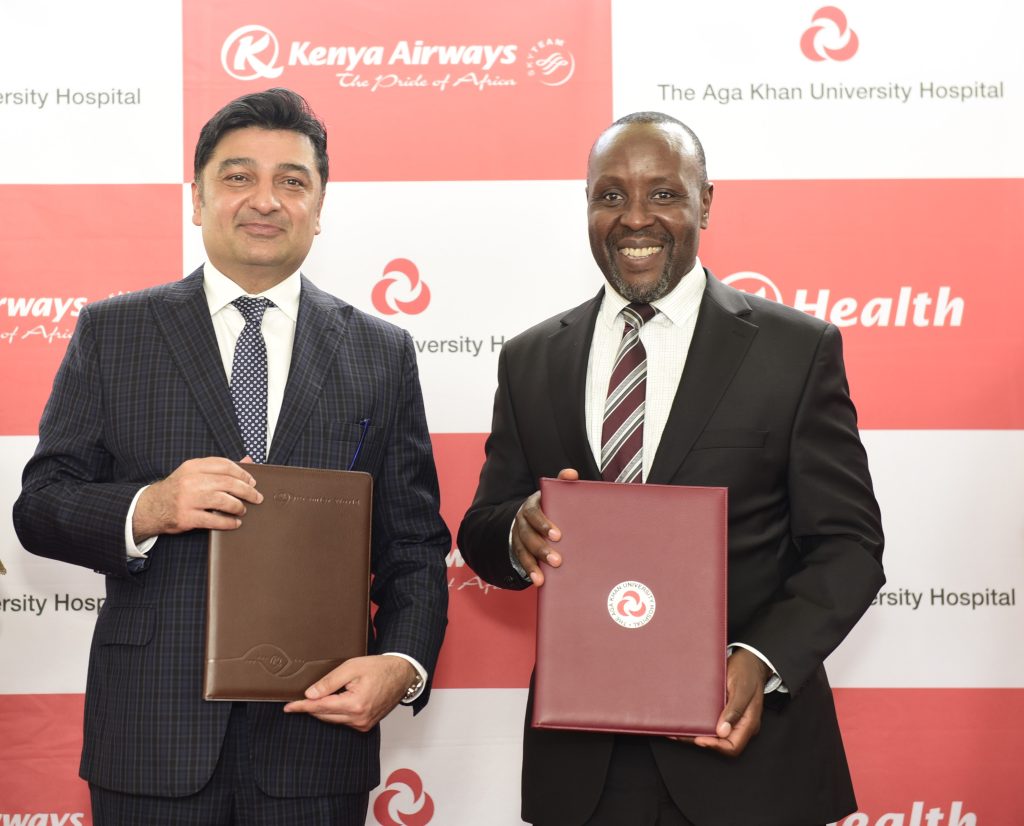
As Kenya Airways and Aga Khan University Hospital embark on this partnership, optimism is high that it will enhance Kenya’s position as a regional medical hub, reduce outbound medical travel, and strengthen the country’s reputation for healthcare excellence.
“When patients can get world-class care within Africa, it saves money, strengthens health systems, and gives families peace of mind,” said Khalani. “It’s not just about healthcare, it’s about dignity, access, and pride.”



